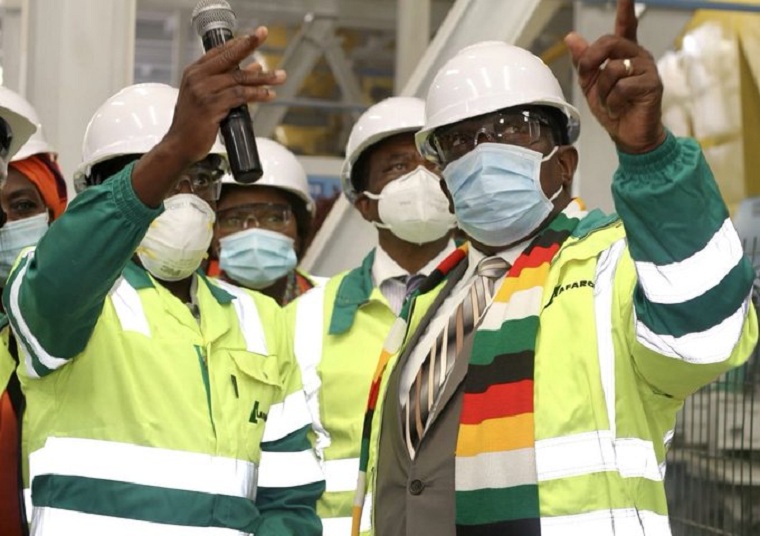 Zimbabwe President Emmerson Mnangagwa has outlined six things that he says his administration intends to do to attract innovators who can prop the country to an upper middle income country in the next eight years.
Zimbabwe President Emmerson Mnangagwa has outlined six things that he says his administration intends to do to attract innovators who can prop the country to an upper middle income country in the next eight years.
Writing in his weekly column in the Sunday Mail, Mnangagwa confessed that Zimbabwe had not always shown faith and belief in local talent and scientific intellect.
“Wrongly, we have viewed technology and innovation as something we import from abroad, something we equate to certain races and colours. We have not seen technology and innovation as what we can and should develop; or seen ourselves as creators of that technology and innovation,” he said.
“All this amounts to self-contempt, possibly traceable to our century-long experience as colonialism’s underdog race; indeed as servile ‘hewers of wood and drawers of water’. Yet we are more than brawn; we are creative and have innovative brains.
“The time has now come to believe in our children and thus in ourselves. To give our children a supportive milieu where they blossom as inventors of technologies, and as innovators. A milieu which encourages, funds and rewards R&D (research and development), across the board.”
Here are six things Mnangagwa said his administration will implement for the country to move forward:
- Firstly, we offer facilities for innovation, research and development. Additionally, we encourage through a raft of incentives any Zimbabwean wishing to complement Government in building such facilities and innovation hubs, across disciplines. Land shall be provided free of charge. Whatever technologies, mechanical aids and materials which are required for such facilities, shall be cleared into the country duty-free.
- Secondly, we are moving swiftly to create and augment a Research and Innovation Fund which finances such facilities, so Zimbabwean scientists are released to focus exclusively on research and innovation. This Fund should also be available to our scientists who might need to relocate home, or even to conduct research with a bearing on our economy from wherever they are. It must also fund visiting experts who come to cross-fertilise with our scientists here.
- Thirdly, the State undertakes to assume costs for registering patents, and for the roll-out and application of research into commercial applications. That includes assuming costs of probable failures we expect on the road to sustainable innovation and successful inventions. Our industries will be primed to accommodate trials and industrial applications as we seek to transform and to modernise our Economy.
- Fourthly, Government will develop a particular bias towards the development of technologies appropriate for our small farmers, and for small-to-medium enterprises, SMEs. We have identified both as key drivers for our economic transformation.
- Fifthly, State Procurement Policies will develop a pronounced bias towards buying local technologies and solutions, and funding fairs and platforms where local inventions are exhibited, both here at home and abroad. Both our Zimbabwe International Trade Fair, ZITF and our Agricultural Show, should yearly develop categories where local inventions are exhibited and rewarded. So, too, should our Mine Entra and other Fairs I would want to see started to focus on innovation in industry.
- Sixth and last, Ministries and different industrial sectors should jointly identify areas requiring research and development, including engaging local scientists and innovators to develop solutions for our country and for our economy.
Continued next page
(243 VIEWS)






0 Comments